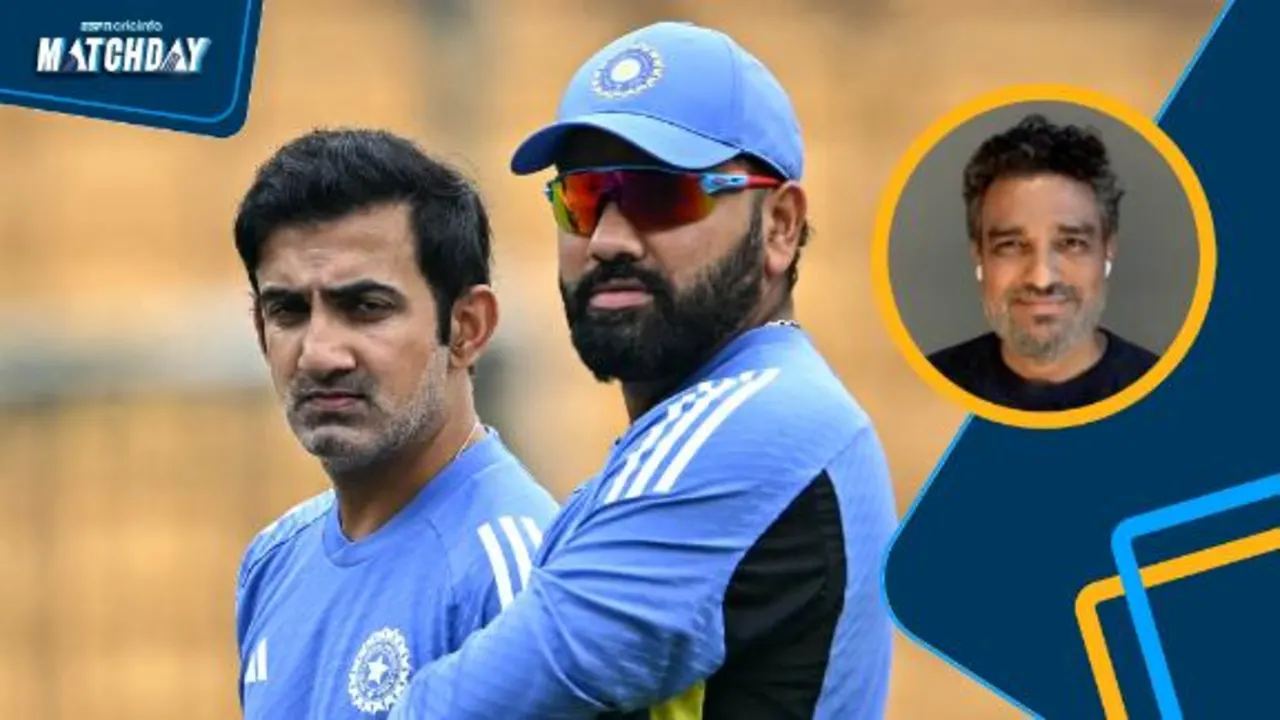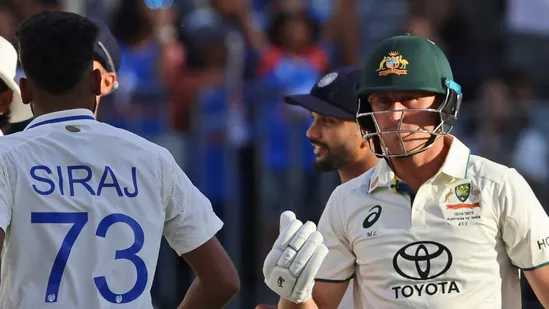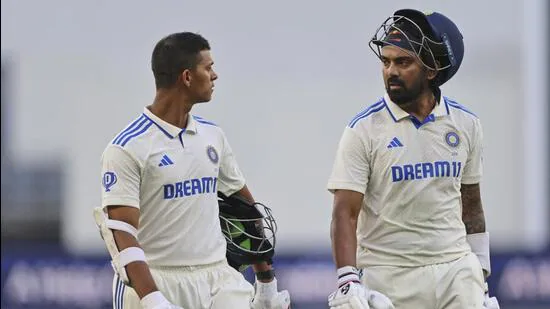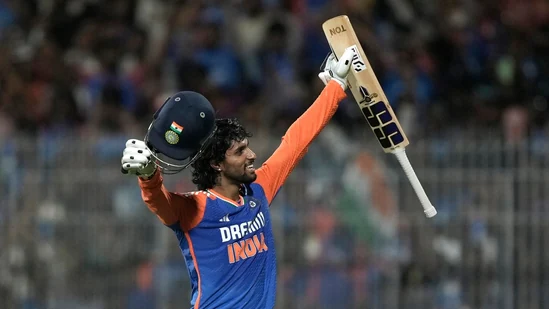Rohit reflects on Pune loss: 'Don't want to dwell too much'
India's captain Rohit Sharma admitted that the Pune pitch was not unplayable and acknowledged that India's batters did not perform up to par in their first innings. The team's three-day loss to New Zealand marked their first Test series defeat at home since December 2012, when England had emerged victorious under the leadership of Alastair Cook.

"We didn't play well, we didn't bat well in the first innings, we got only 150 [156], and the batters do understand that they failed to respond to that pressure, [and] that challenge of playing on whatever pitch," Rohit said at the post-match press conference.
"The pitch was not bad at all. We just didn't play well enough to get closer to that first-innings score of theirs [New Zealand's], and then obviously with 100 [103] runs behind, we always knew that it was going to be challenging whatever score we had to get - because as the game went on, the pitch started behaving slightly differently, and then [with] 350 to get, we knew that the mindset that we had was wanting to get those runs.
Related
WTC final scenarios - India need four wins from six remaining Tests
Santner takes 13 to hand India first home Test series defeat since 2012
"We had a great partnership with [Yashasvi] Jaiswal and [Shubman] Gill in the middle, but again, then we lost wickets quickly. After that, we knew that the game was slipping out of our hands and then we failed to respond to that pressure."
Before this, Rohit had never tasted a Test series defeat at home. Almost an entire generation didn't know what a home Test series defeat would feel like until Saturday. Among the current Test team, only Virat Kohli, Ravindra Jadeja and R Ashwin were part of the 2012 series loss to England. Rohit, though, warned India against knee-jerk reactions to this latest series defeat, against New Zealand.
"We have won 18 series [in a row] in India, which means we've done a lot of things well," Rohit said. "We've batted well in the first innings; we've batted well in the second innings. Perhaps we haven't batted as well in this series as we should have, but these things happen. Our batters have consistently made runs on challenging pitches whenever we have played in India, so I don't want to overthink and say we've gone topsy-turvy. Our batters have had two poor matches - two or three innings, if you look at it. But these things happen.
"Sometimes if you're winning so many matches and doing so well consistently, things you wish to do don't come off in the odd series. What we wanted to do in this series, it didn't work out for our batters. But I don't doubt anyone's ability because everyone has a lot of ability. These are the same batters who have won us all these matches and series [in recent years].
"I don't want to do too much of a post-mortem, but we can look into how we can approach these situations differently. All our batters will need to work out their plans and trust those plans, [like] 'This is my plan and it will work'. It's a different thing if it doesn't work, but you need to trust it."
The shock series defeat against New Zealand has jeoparadised India's chances of making the World Test Championship (WTC) final. To assure their place in the top two of this cycle, India need to win the third Test against New Zealand in Mumbai, and then beat Australia 3-2 in Australia.
While Rohit expressed his hurt at India's collective failure against New Zealand, he said he wasn't getting too far ahead of himself as far as qualification for the WTC final was concerned.
"I think it's too early to think about WTC," Rohit said. "I'm just hurting because we lost the game [in Pune] - that is what I will say. I can't think about what lies ahead and whether it can affect our chances and all of that stuff. We didn't play well enough in these two games and that is hurting. We lost the series, which is hurting clearly.
"But like I just said, there are things that we need to do as a unit - not just the batters but also the bowlers. It is a collective failure from the bowlers and the batters. If you lose a Test match it is not just because of one particular thing; it is just the entire unit collectively failing because when you win a Test match, everyone deserves that credit. If you lose a Test, it is the same way - everyone has to take that blame."
RELATED STORIES






LATEST NEWS







